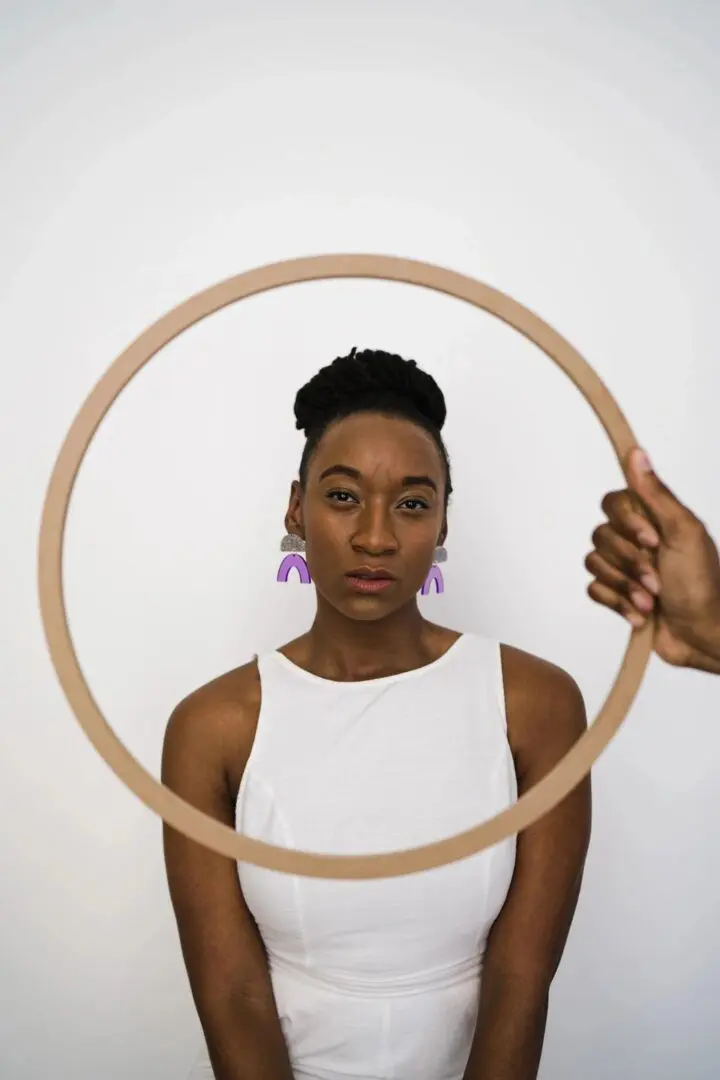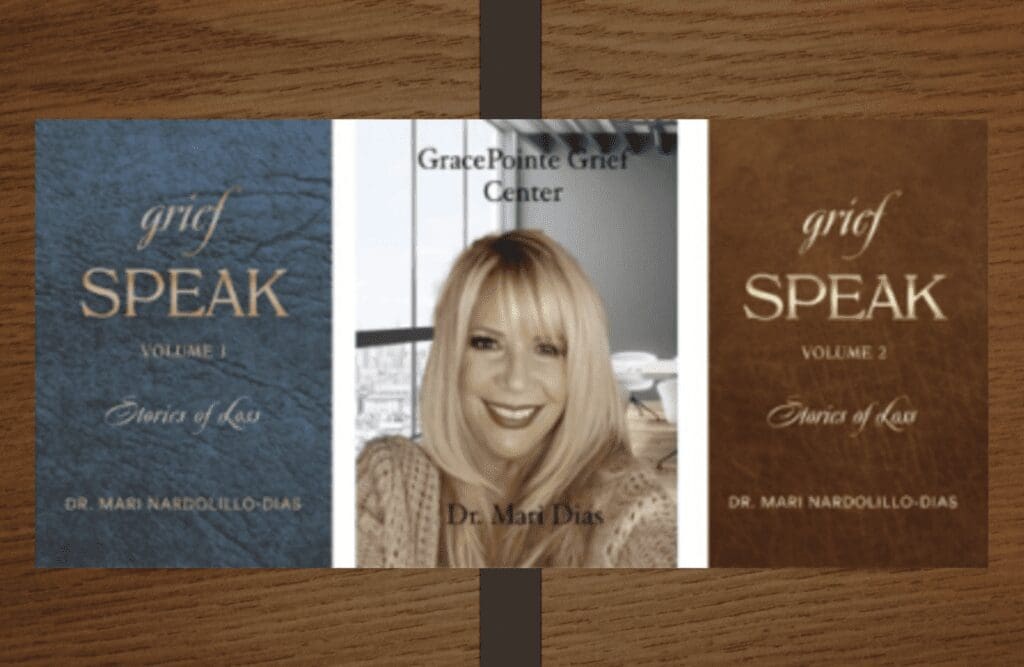Search Posts
Recent Posts
- Vinny Paz to be inducted TODAY into the International Boxing Hall of Fame – CES Boxing June 7, 2025
- In the News… quick recap of the week’s news (6.7.25) June 7, 2025
- Burn with Kearns: Strong without the spend: How scraps became strength tools – Kevin Kearns June 7, 2025
- Rhode Island Weather for June 7, 2025 – Jack Donnelly June 7, 2025
- How to advocate for threatened properties: The Heritage Alliance of Pawtucket June 7, 2025
Categories
Subscribe!
Thanks for subscribing! Please check your email for further instructions.

GriefSPEAK: Choose Hope – Mari Nardolillo Dias
by Dr. Mari Nardolillo Dias, contributing writer
…Tell me, in a world without pity – Do you think what I’m askin’s too much?- I just want something to hold on to – And a little of that human touch – Just a little of that human touch… Share a little of that human touch – Feel a little of that human touch… (Bruce Springsteen, Human Touch).
The most recent report from the US Surgeon General states that we have an “epidemic of loneliness”. In fact, he has declared loneliness a public health epidemic (Mallika Marshall, MD, CBS Boston, May 4, 2023). The report also warns “that the physical consequences of poor connections can be devastating, including a 29% increased risk of heart disease; a 32% increased risk of stroke; and a 50% increased risk of developing dementia for older adults. This lack of connection can increase the risk of premature death to levels comparable to smoking 15 cigarettes a day”! (Juana Summers, NPR, May 2, 2023).
What if we add another ingredient to loneliness? Grief. Grief can exponentially increase loneliness without social supports, which the report states we are lacking. I currently facilitate a “young” widows group, ages 40-55. Lonely is a common adjective and our group sessions are replete with varying forms of the word.
Loneliness is the pain of being alone. According to Hannah Hippe, “the key difference between being lonely and being alone is emotional attachment. Being alone is a state of being, while loneliness is a feeling. Loneliness stems from feeling like our true self is not seen or understood by others or ourselves.”
Antithetically, people who are high in hope have better well-being, both mentally and physically. They tend to live longer and happier lives, they see and interact to the world differently [not with rose-colored glasses but realistic expectations of life’s potential] and most importantly they focus their thoughts on what they can control.” (Alex Lickerman, MD, Psychology Today). Hope is anticipatory joy. (Lickerman) In studying the field of hope, we can see the pattern.
Grief and loneliness are common, albeit toxic, bedfellows. The major reason I formed this young widows group was due to this comorbidity of loneliness and grief. I am grateful that they bonded so well and have relationships outside of group. They seem more willing to let people in, to trust and make a human connection. Our goal is to instill hope in each other. Anticipatory Joy or Hope can be achieved by creating brightspots – events or activities, regardless how small, to look forward to. It can a bumpy segue, but worth it. Choose Hope!
___

Dr. Mari Nardolillo Dias is a nationally board-certified counselor, holds a Fellow in Thanatology and is certified in both grief counseling and complicated grief. Dias is a Certified death doula, and has a Certificate in Psychological Autopsy.
She is Professor of Clinical Mental Health, Master of Science program, Johnson & Wales University. Dias is the director of GracePointe Grief Center, in North Kingstown, RI. For more information, go to: http://gracepointegrief.com/
